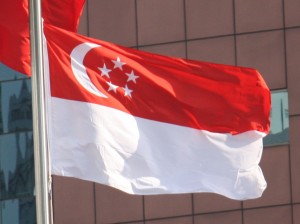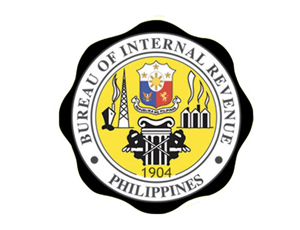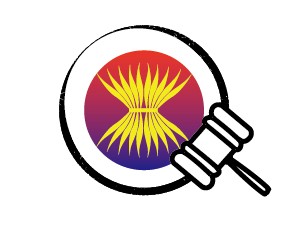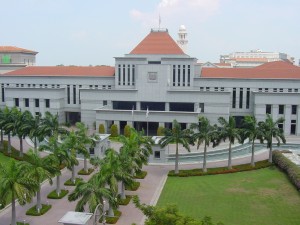Cambodia Recognizes First Patent Application
Cambodia has recognized its first-ever patent application, marking a landmark for legal services provision in the country. The country has had a patent law in place since 2003, enacted as part of the countries WTO obligations, however has struggled with the internal mechanisms required to enable it to actively process such applications.
Understanding Inheritance and Estate Tax in ASEAN
Inheritance and estate taxes (sometimes referred to as “death taxes”) can have a significant financial effect upon your assets if you are not ready for their imposition. While ASEAN is working to standardize many financial regulations throughout the economic community, inheritance and estate taxes are still imposed differently depending on the country.
Understanding how Singapore’s Budget 2015 will Affect Your Business
On Monday, February 23rd, Singapore’s Finance Minister and Deputy Prime Minister, Tharman Shanmugaratnam, announced the release of the country’s Budget 2015, which, among welfare benefits for senior citizens, will have a number of important consequences for businesses.
The Philippines Expands the Number of Taxpayers Included in its e-Tax Filing Program
The Philippines’ Bureau of Internal Revenue (BIR) has announced that it has expanded the number of taxpayers who must now use e-filing to pay their taxes. This action is intended to make filing tax returns simpler and encourage more tax compliance from taxpayers.
ASEAN Regulatory Brief: CIT Incentives, PIT Changes, Export Management Fees, VAT on E-commerce, and More
In this ASEAN Regulatory Brief, we look at some of the important regulatory changes taking place in Thailand, Cambodia, Malaysia, Indonesia, and Indonesia during the months of January and February.
Singapore Postpones Effective Date of Amendment to its Companies Act
The government of Singapore has announced that it will postpone the effective date of the amendment to the Companies Act 2014 (the Amendment) and the Business Names Registration Act to the second quarter of 2015, as stated by the Accounting and Corporate Regulatory Authority (ACRA) earlier this year. An exact date is yet to be announced, but according to ACRA more details will be made public about two months before the changes are due to take place. Agencies and stakeholders likewise will have more time to adapt to the new legislative changes.
Singapore Exchange Releases Comprehensive Guide for Corporate Governance
The Singapore Exchange (SGX) has released a disclosure guide aimed at aiding companies’ compliance with the country’s corporate governance regulations. The document, structured in a concise question & answer-format, will not only help companies to comply with key aspects of governance, but will also make it easier for investors to assess the companies they might invest in.
Singapore to Become Southeast Asian Legal Hub with Opening of International Commercial Court
With its newly opened International Commercial Court, Singapore wants to become the alternative location for arbitration in Asia. The country has also made a series of other investments into its legal services sector and has established the Singapore International Mediation Centre (SIMC).
Singapore Parliament Back in Business: Multiple Legal Reforms on the Agenda
On its first day back in business, January 19, 2015, Singapore’s Parliament has approved the Industrial Relations (Amendment) Bill and the Pawnbrokers Bill on second readings, and saw the introduction of the Community Disputes, Deep Seabed Mining, Liquor Control (Supply and Consumption), and MediShield Life Scheme Bills.
Letters of Credit Required for Indonesia Commodities Exporters
A Rule from Indonesia’s Trade Ministry requires commodity exporters to use letters of credit (L/C) in overseas shipments from April 1, 2015. The new rule will effect coal, oil and gas, palm and palm-kernel oil, and minerals including tin. According to the Ministry, these commodities together accounted for over 41 percent of Indonesia’s exports from 2009 to 2013, averaging $US71 billion per year.

















